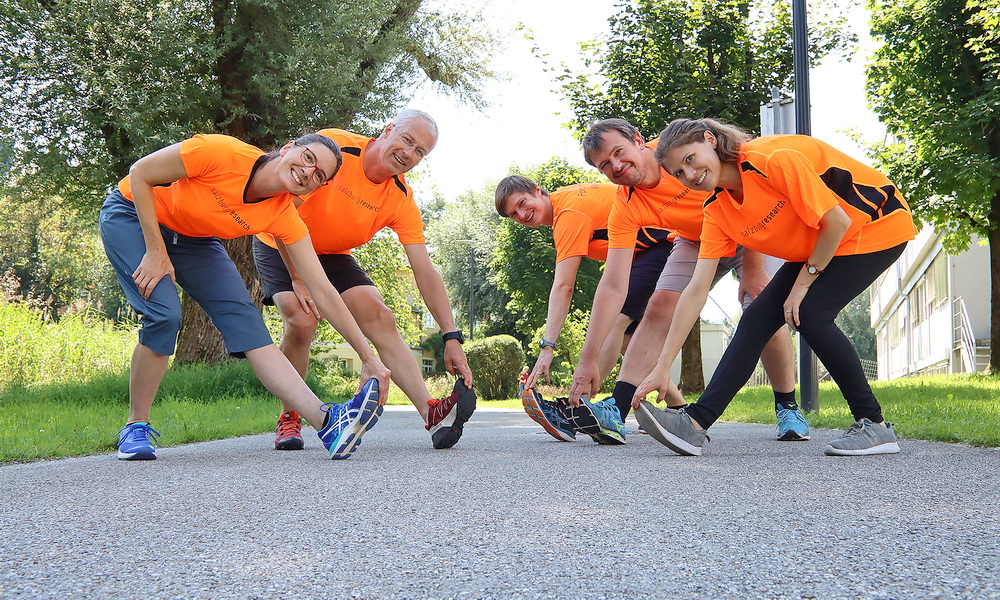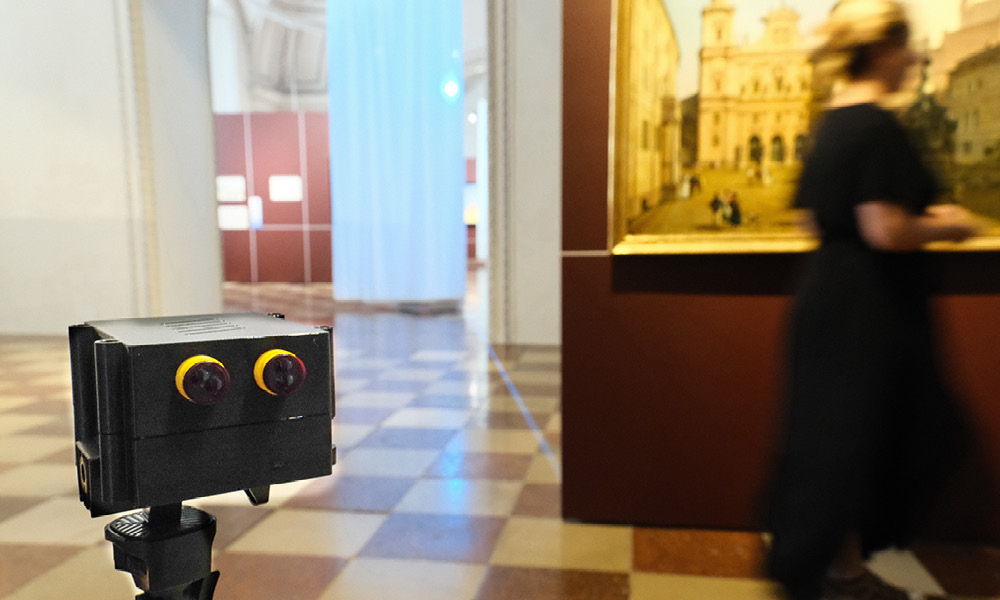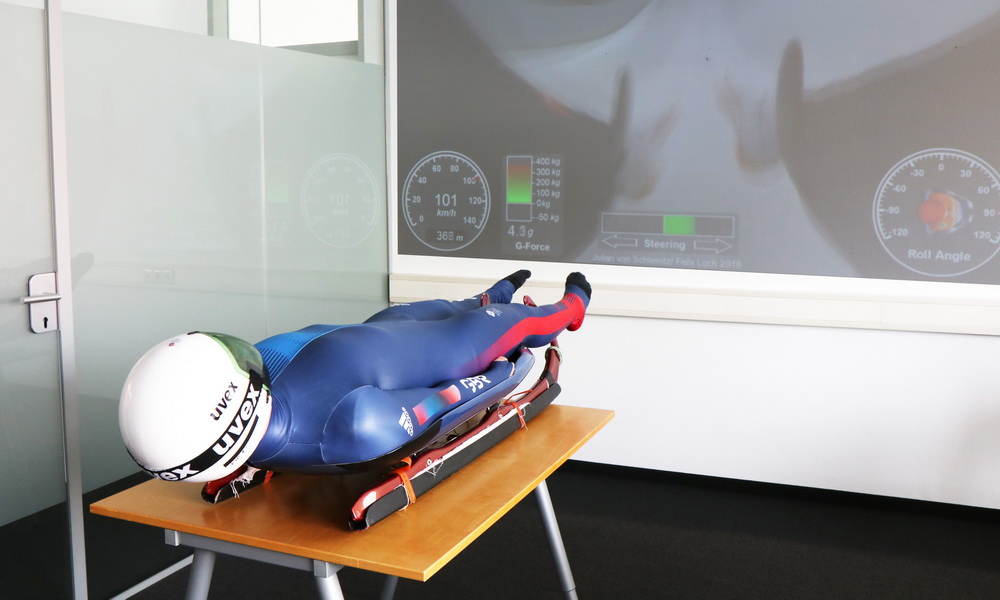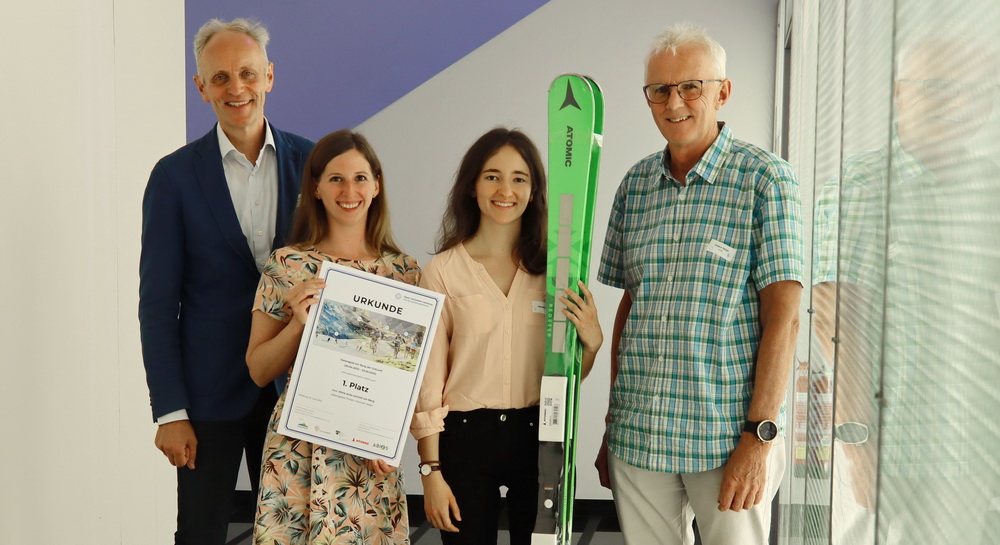
Winner chosen: With data to a better mountain experience
How can linking data make the mountain experience more interesting, healthier, environmentally friendly and safer? Together with partners, we asked for concrete ideas and examples of use in an open innovation ideas competition. Now the best idea has been awarded a prize: The winner is 22-year-old student Hannah Aster from Salzburg with her idea “Fast on the mountain without a car”.
Through a smart linking of different alpine real-time data sources, exciting and practical services can be created – of course taking data protection into account. Both guests and locals who want to use the mountain for recreation and sporting activities, as well as companies and organisations in the fields of tourism, sport and safety can benefit.
But what could such services look like? That’s what we asked the committed community in an open innovation ideas competition: “31 innovative ideas were submitted and evaluated by a jury consisting of experts from the fields of data science, innovation, sustainability, tourism and business,” says Eva Hollauf, innovation researcher at Salzburg Research.
“All ideas were very creative and innovative. In the end, feasibility, sustainability and the required data of the award-winning ideas tipped the scales,” says jury member Helmut Holzer, Innovation and Research Manager at Atomic Austria.
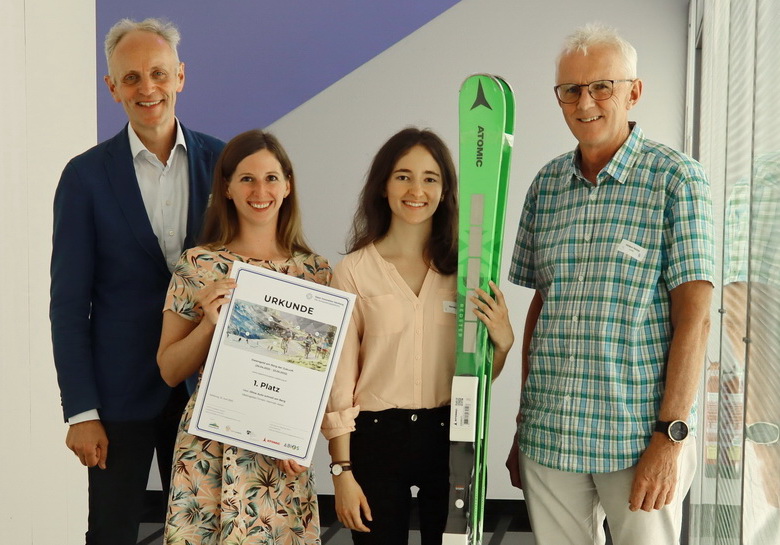
1st place: “Fast to the mountain without a car” by Hannah Aster
With her idea, Salzburg student Hannah Aster (22) addressed the fact that public transport is rarely used for excursions to the mountains due to the poor offers. To counter this, she designed three variants at once: Using GPS and mobile phone data in combination with other data such as weather, season or day of the week, the need for public transport could be determined automatically and a suitable offer created. In variant two, shuttles could be coordinated by means of an app. “A surprise function could also offer added value: In this case, hikers do not enter an exact destination, but only attributes such as “strenuous mountain hike” or “natural water with bathing opportunities” and the algorithm suggests suitable destinations including the ideal journey by public transport,” says Hannah Aster, who came up with the idea. In a third possibility, people could also be networked with each other and carpools could be formed.
“Whether it’s public buses organised by artificial intelligence, shuttle buses calculated via an app or carpools formed via the app – in all three cases, private transport towards the mountains can be reduced and natural areas protected. Fuel costs can be shared and people without a driver’s licence or car also have easier access to excursions in the mountains,” sums up winner Hannah Aster, who is studying eco-design in Wieselburg.
2nd place: “Digital Ski 2.0” by Frank Dobbert
Frank Dobbert from Berlin – one of the most active members of the Open Innovation Salzburg platform and an enthusiastic holidaymaker in Salzburg – came up with his idea to increase safety on the slopes. In his idea, the skis themselves become sensors, recognise dangerous situations and warn of collisions, avalanche danger or weather changes. In addition, such a ski could also serve as a navigation device or determine the location of injured skiers, among other things.
3rd place: “The interactive and intelligent hiking app” by Frank Dobbert
This idea by Frank Dobbert is also dedicated to safety on the mountain. The idea arose from a personal mountain experience that ended with an injury and a missed gondola into the valley. With this app, hikers should be able to better assess whether they can safely and realistically manage a hiking trail and especially the way back. In addition to length and difficulty, the current condition of the trail, the time of day and the current weather would also be included in the assessment. The app would warn hikers in good time to turn back if it is foreseeable that the destination can no longer be reached under the given circumstances.
The ideas flow into an innovation lab
The ideas competition on the openinnovation-salzburg.at platform took place as part of the „MountAIn“ research project, in which Salzburg Research is designing an Alpine, data-based innovation laboratory together with Atomic, Abios and the sports science department of the University of Salzburg. The award-winning ideas will flow into the concept development and are to be implemented in a model region. At a workshop in Science City Itzling, the idea givers have already continued to refine the ideas together with experts.


